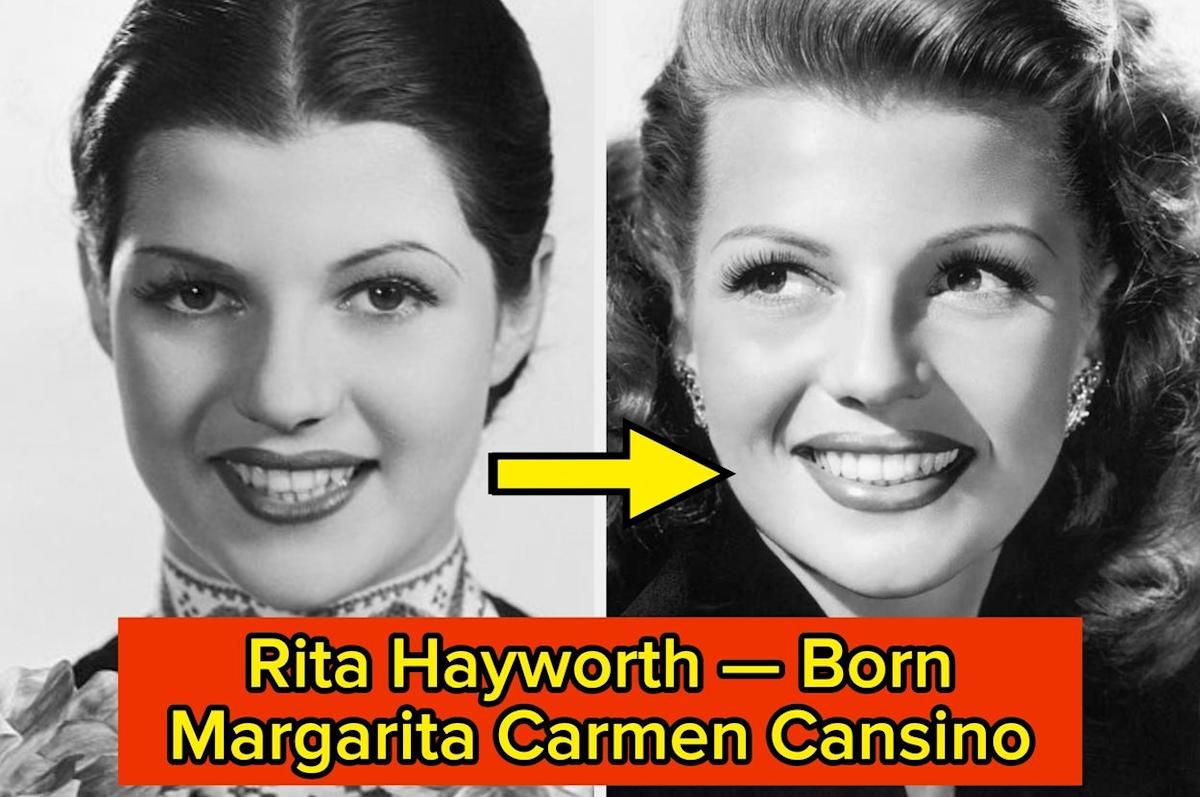Behind the Mask: Hollywood's Hidden Ethnic Identities Revealed

In the golden age of Hollywood, Kirk Douglas candidly reflected on his decision to change his birth name, recognizing that his original moniker, Issur Danielovitch, might have been a significant barrier to his acting career. With remarkable self-awareness, Douglas acknowledged that the name sounded too complex and overtly Jewish for the entertainment industry of his time.
The legendary actor understood the unspoken cultural barriers that existed in mid-20th century Hollywood, where performers from minority backgrounds often anglicized their names to increase their chances of success. By transforming his identity from Issur Danielovitch to Kirk Douglas, he strategically positioned himself to navigate the competitive landscape of show business.
Douglas's name change was more than a mere professional calculation; it represented a personal journey of reinvention and adaptation. His willingness to embrace a more mainstream identity while never losing sight of his roots became a testament to his resilience and ambition in an era of significant social constraints.
